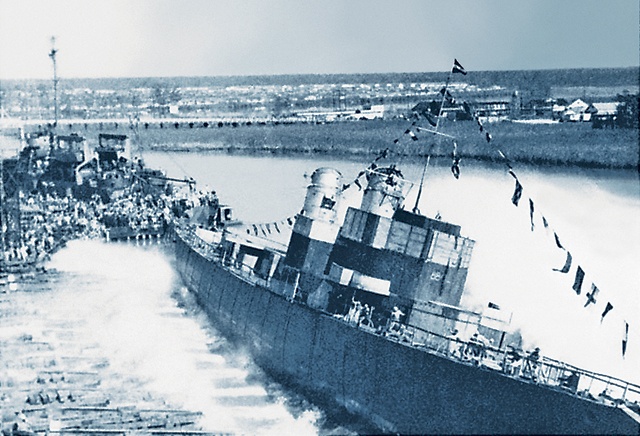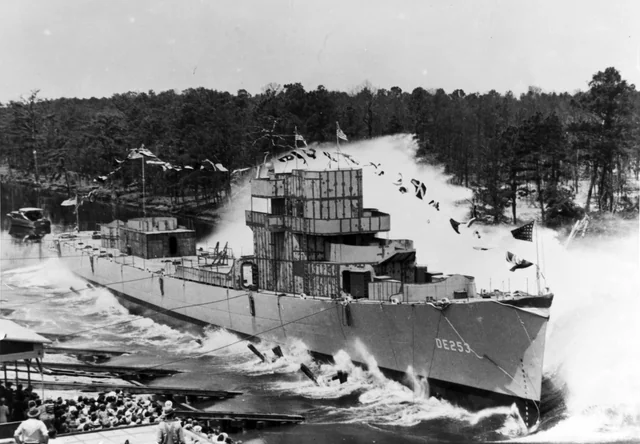Houston’s shipbuilding industry played a crucial role in the U.S. war effort during World War II, significantly contributing to the Allied victory. The combination of the city’s strategic location along the Gulf Coast and its industrial prowess made it an ideal site for building and repairing military vessels. The industry not only boosted the economy but also left a lasting impact on the region, reshaping Houston’s workforce and infrastructure.

The Growth of Houston’s Shipyards During the War
When the U.S. entered World War II, the demand for ships surged. Houston’s shipyards, including those managed by Todd Houston Shipbuilding and Brown Shipbuilding, quickly expanded to meet wartime needs. These shipyards produced Liberty ships, oil tankers, and other military vessels essential for transporting troops, supplies, and fuel to the frontlines.
Liberty ships, in particular, were vital for maintaining supply lines across the Atlantic and the Pacific. These vessels were known for being produced rapidly and in large numbers, with Houston playing a major part in their manufacturing. By the end of the war, Houston’s shipyards had built dozens of ships, helping ensure the U.S. Navy could operate on multiple fronts.
Contributions of Brown Shipbuilding and Todd Houston
Brown Shipbuilding, established specifically for the war effort in 1942, quickly became a key player. Located along the Houston Ship Channel, the company produced a variety of vessels, including destroyer escorts used to protect convoys from German submarines.

Meanwhile, Todd Houston Shipbuilding focused on repairing and retrofitting existing vessels. Houston’s ability to maintain and quickly return ships to active duty played a critical role in ensuring the U.S. Navy could maintain operational readiness throughout the war.
The combination of new construction and repair work at these facilities made Houston indispensable to the war effort. The shipbuilding boom also fueled innovations in manufacturing processes, laying the foundation for the city’s post-war industrial growth.
Women and Minorities in the Shipbuilding Workforce
World War II marked a turning point for the American workforce, and Houston was no exception. With many men serving overseas, women and minorities stepped into industrial roles previously denied to them. Shipyards in Houston employed thousands of women – often referred to as “Rosie the Riveters” – who took on welding, assembly, and other technical jobs.
The war also created opportunities for African Americans and Mexican Americans to gain employment in skilled positions. Though the workplace remained segregated, the experience these workers gained during the war expanded their economic opportunities and set the stage for later civil rights movements.
Economic and Industrial Impact on Houston
The expansion of the shipbuilding industry brought significant economic growth to Houston. The need for materials, labor, and infrastructure improvements led to the creation of new jobs and industries. The Houston Ship Channel became one of the busiest industrial waterways, handling military cargo and fueling the war effort.
After the war, Houston’s industrial base continued to grow. The expertise developed in shipbuilding and repair paved the way for the city’s rise as a center for energy, engineering, and petrochemical industries. The shipyards transitioned to peacetime operations, contributing to the city’s economic resilience in the post-war era.
Legacy of Houston’s Shipbuilding Industry
The contributions of Houston’s shipyards during World War II are commemorated today through historical markers and the preservation of related sites along the Houston Ship Channel. The industry’s efforts during the war not only helped secure victory but also left a lasting legacy on the city’s economy, workforce, and industrial landscape.
Houston’s role in shipbuilding highlights the city’s ability to adapt in times of crisis and underscores the importance of industry in shaping the course of history.